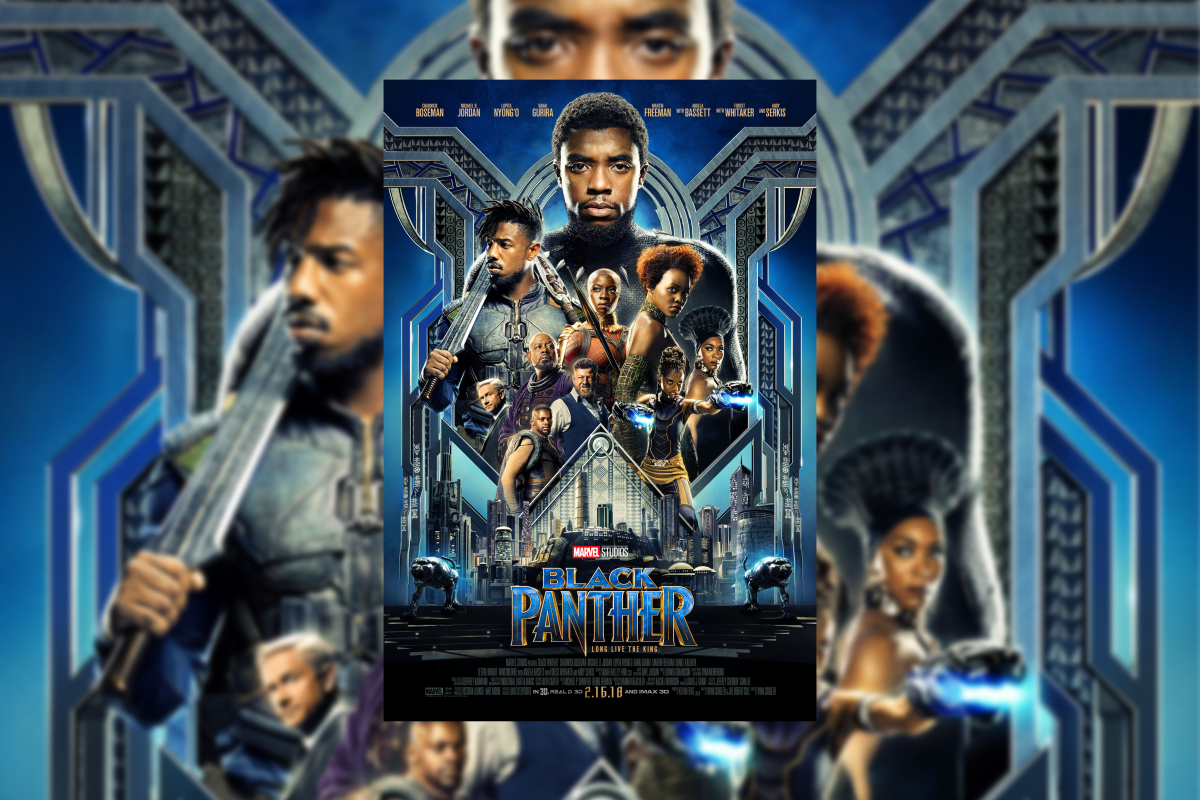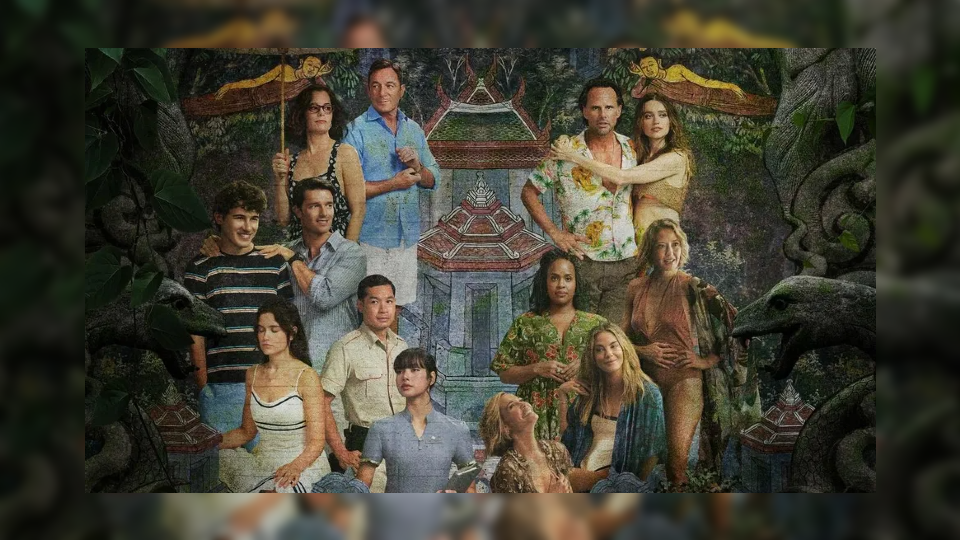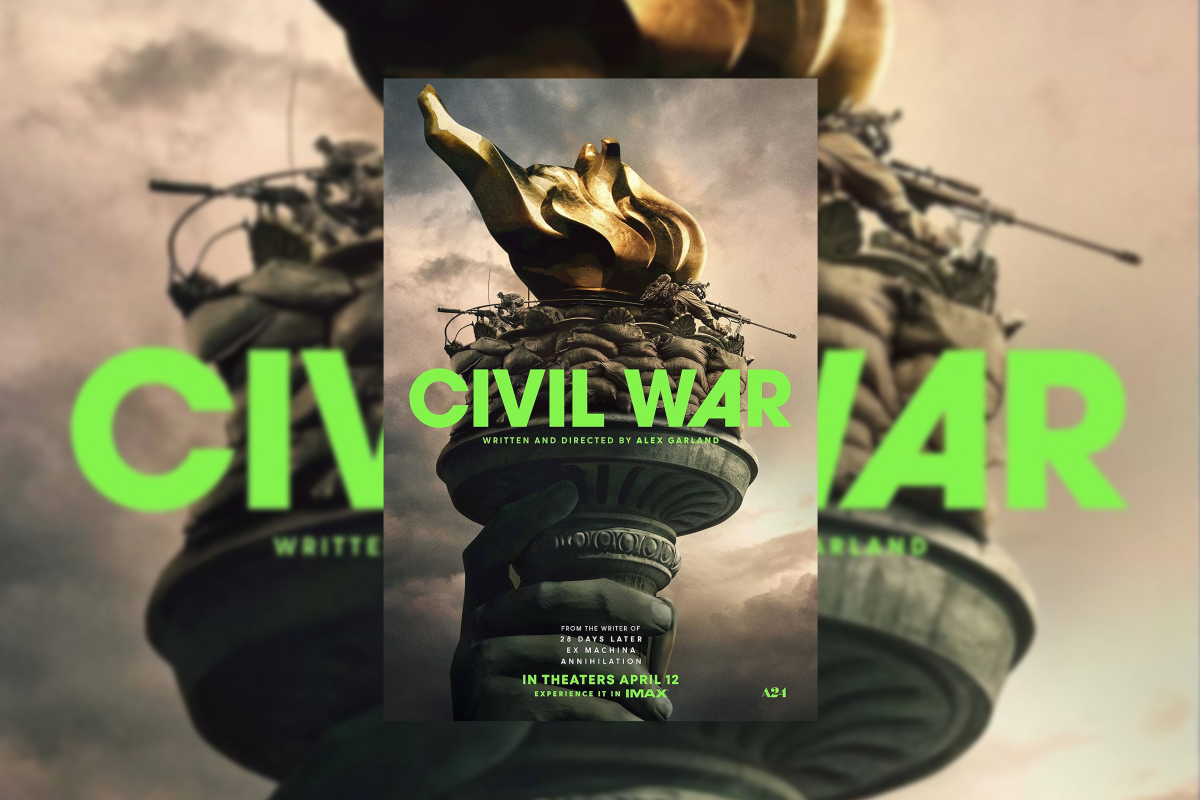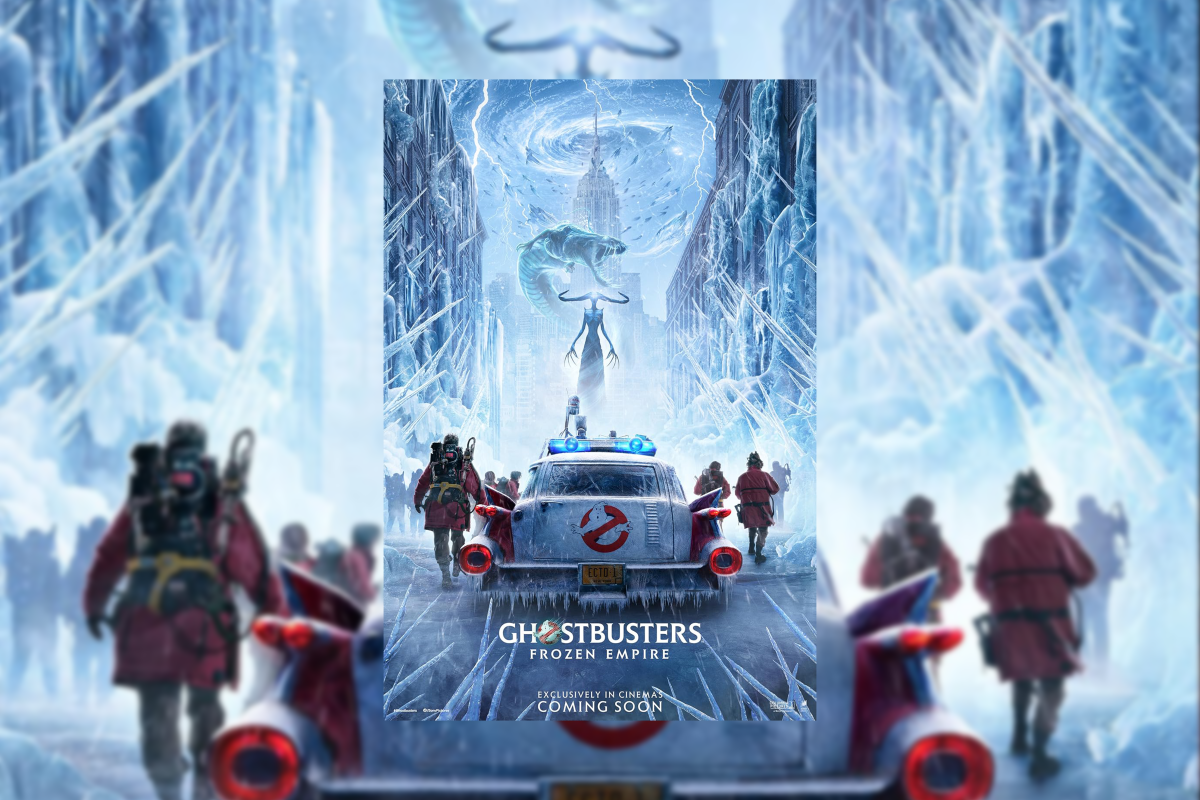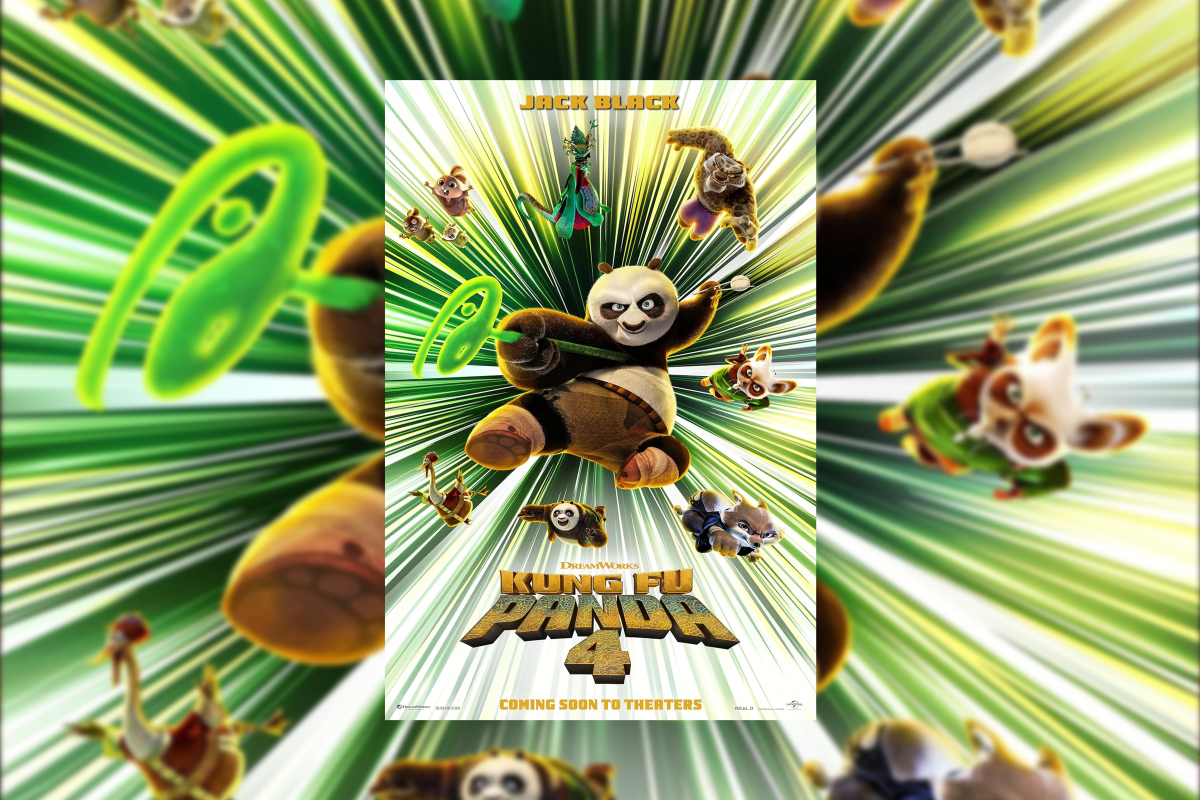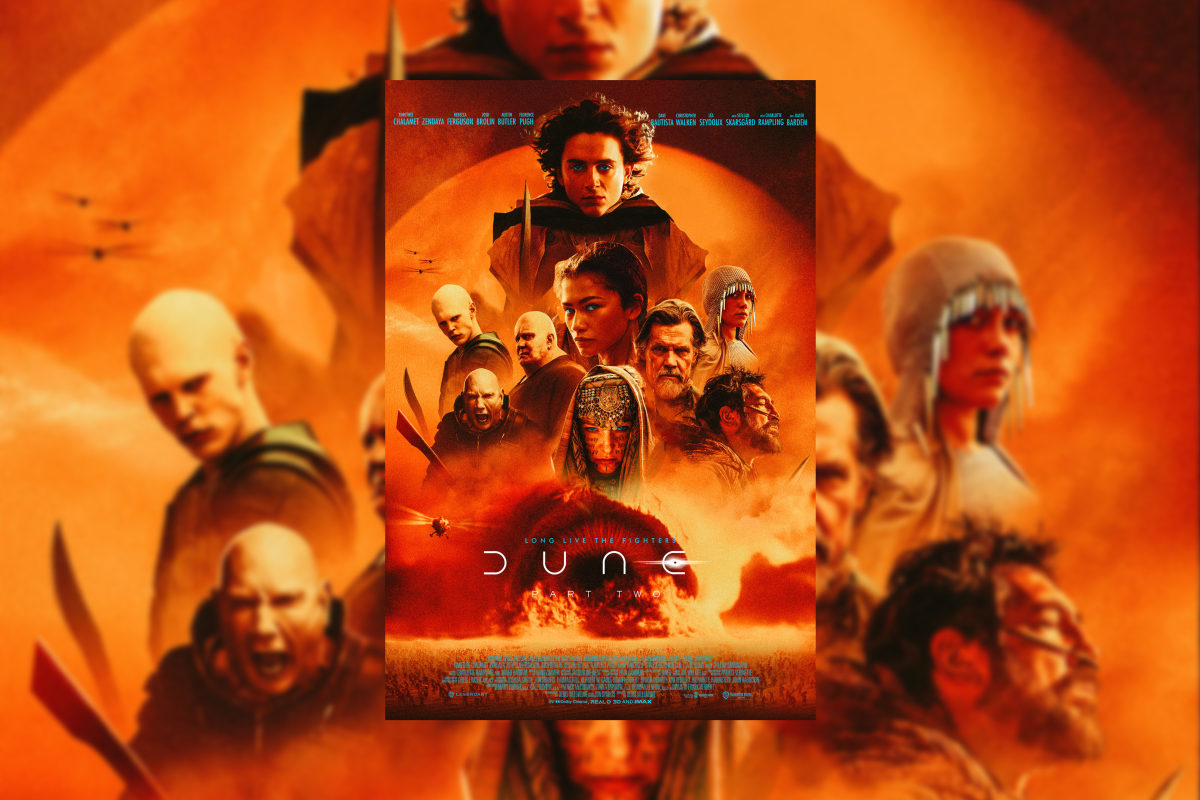Another year, another superhero movie courtesy of the Marvel Cinematic Universe. This time around, it’s “Black Panther,” directed by Ryan Coogler. Given the recent increase in calls for greater diversity in cinema, it’s fair to say that expectations for “Black Panther” were high – but does it live up to the hype?
Marvel Studios would probably say so. The film made over $200 million in its first three days, giving it the fifth biggest opening weekend of any film ever released, and critical reception of the film was just as positive, with particular praise given to its main cast.
Chadwick Boseman stars as T’Challa, the crown prince of the fictional African nation of Wakanda and heir to the mantle of the Black Panther. He’s aided by his former lover Nakia (played by Lupita Nyong’o), his chief bodyguard Okoye (Danai Gurira), and American CIA operative Everett Ross (Martin Freeman).
Following the death of his father during the events of “Captain America: Civil War,” T’Challa returns to his homeland to ascend the throne and take his place as king. Immediately upon doing so, the reappearance of black-market arms dealer Ulysses Klaue (Andy Serkis) spurs him into action and sets into motion a story that, for the first hour or so, feels a lot like the director’s take on a certain British spy film series before developing into a full-throttle action thriller by the end.
Ryan Coogler wouldn’t be out of place directing a new James Bond movie (preferably starring Idris Elba). It’s a welcome change from the standard action of a typical Marvel flick, and all of the essential elements are well-executed: there’s an analog to Bond’s genius tech expert “Q” in T’Challa’s younger sister Shuri, an American spy ally is introduced in an underground casino scene, and a high-octane car chase with Klaue sets up the second act, in which the audience is introduced to an even more charismatic and ruthless villain played by Michael B. Jordan.
If you’ve seen Coogler’s previous film “Creed,” you know how capable of an actor Michael B. Jordan is. In Black Panther, Jordan portrays Erik Killmonger, an American soldier who holds a deep-seated grudge against the royal family of Wakanda. He’s more than just “the bad guy,” though: he’s the cinematic representative of an entire disenfranchised community, a modern-day Shaka Zulu, an iconoclast who sees an untapped potential for conquest in the nation of the father he lost at a young age.
Killmonger’s sympathetic motivations are what make him a compelling villain. His experience as a black person who grew up in Oakland contrasts with the insular life T’Challa leads as the prince of a rich, technologically advanced, racially homogeneous nation.
Driving that point home, T’Challa isn’t presented as a morally perfect character either. He’s the leader of a country that isolates itself from the rest of the world to preserve its preeminent status, a nation with a reluctant attitude toward accepting the idea of multiculturalism. It’s readily apparent that if Wakanda existed, its foreign policy wouldn’t stand up to the scrutiny of the international community.
The deft handling of such a complex and multidimensional issue as race is what primarily sets “Black Panther” apart from its contemporaries in the superhero genre, but the stylistic choices aren’t too bad either: the 808 synth drumbeats playing over an otherwise traditional Marvel orchestral background score elevate what would usually be considered stock music into a dynamic soundtrack with an identity all its own.
That’s what makes “Black Panther” succeed in the way people hoped it would. It isn’t overly sanitized and it maintains its own identity, which is exactly what it needed to do.
For questions/comments about this story, email [email protected] or tweet @thewhitonline.

























































































































































!["Working with [Dr. Lynch] is always a learning experience for me. She is a treasure,” said Thomas. - Staff Writer / Kacie Scibilia](https://thewhitonline.com/wp-content/uploads/2025/04/choir-1-1200x694.jpg)









































